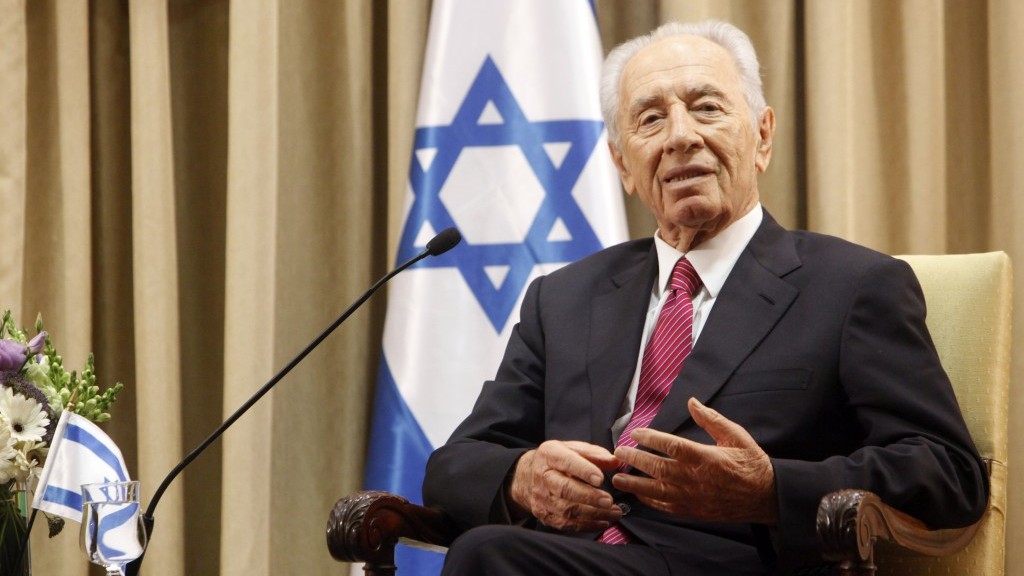
“For me, dreaming is simply being pragmatic”
“Optimists and pessimists die the same way. They just live differently. I prefer to live as an optimist.”
On September 28, the international community came together in suffering the tremendous loss of Shimon Peres, the former President and two-time Prime Minister of Israel, who died from a massive stroke he experienced two weeks earlier. At 93, Peres was the last of Israel’s founding fathers, a larger-than-life leader and human activist, and a Nobel Peace laureate who exemplified what it meant to be an unremitting warrior for peace.
But what was perhaps the most noteworthy and defining feature of Peres was the fact that he was both an eternal optimist and a dreamer.

Despite decades of unsuccessful attempts at permanent peace between the Palestinians and Israelis, and the ups and downs that accompanied his more than 70-year political career serving the public, Shimon Peres remained a tenaciously optimistic believer in the possibility of coexistence between Israel and its neighbors. Refusing to submit to a dark and inexorable state of cynicism and fatalism, he instead chose to walk in the pathway of light and boundless potential.
In 1993, Peres along with Israeli Prime Minister Yitzchak Rabin, worked with Yassar Arafat of the Palestinian Liberation Organization (PLO) to jump-start the peace process between Israelis and Palestinians, ultimately achieving the three the Nobel Peace Prize. As the Israeli Foreign Affairs Minister in 1994, Peres was involved in secret peace agreements between Israel and Jordon, which ultimately led to a peace treaty signing, which represented an end to the official state of enmity between the two countries in order to “end the bloodshed and sorrow” and achieve lasting peace.
And if his resume didn’t already speak for itself, Shimon Peres’s universal influence was signified by the world leaders and delegation that flew in from 75 different countries to pay respects at his funeral. “Shimon Peres was never cynical,” President Barack Obama eulogized, “it is that faith, that optimism, that belief even when all evidence is to the contrary that tomorrow can be better that makes us not just honor Shimon Peres but love him.”
We as Binghamton students, as the upcoming generation of aspiring world leaders, and as trailblazers in our own right, can learn a tremendous amount from the legacy of Shimon Peres.
Peres introduced a level of perseverance laced with the positive prospect that we need today to make progress in the Israeli-Palestinian conflict. He then applied that prospect through outlets of education, which he believed to be the greatest influence in creating a more peace-conscious people. Likewise, in university, we open our eyes to those dissimilar to us while we simultaneously develop ourselves through the education we seek to receive.
In the current state of affairs, there’s a stalemate in which people are no longer willing to take the risks needed for peace. The unrest in this region needs strong visionaries such as Peres, who through dreaming and progressiveness, can create a “new Middle East.” In this capacity, although anticipation for peace in this conflict at times seems to have reached a point of stagnation, we must refuse to submit defeat to the failures and inadequacies of our surroundings—no matter how overly ideological and optimistic we may seem.
A light has gone out in the world, however we can set our own torches on fire through the everlasting flame Peres left us.
Contributed by Dalya Panbehchi, CAMERA Fellow at Binghamton University

